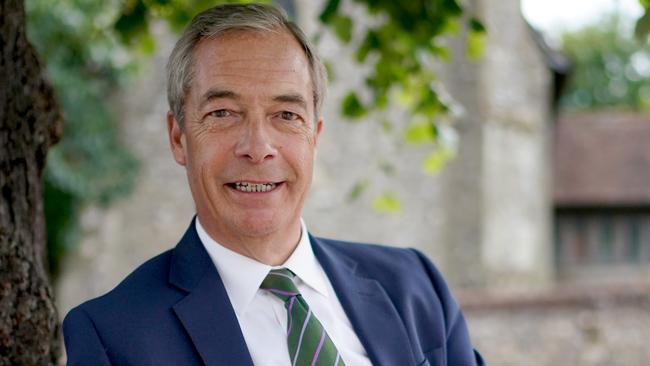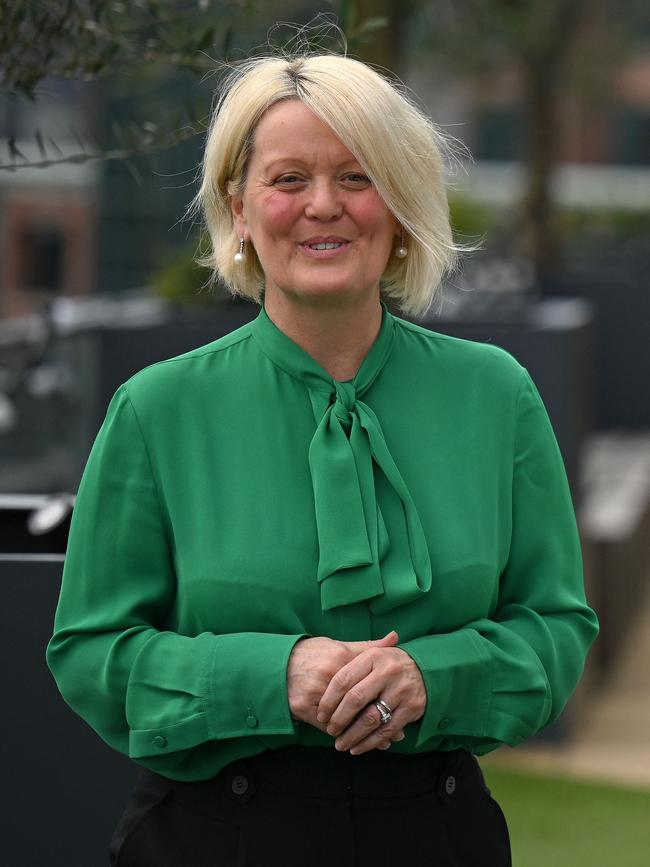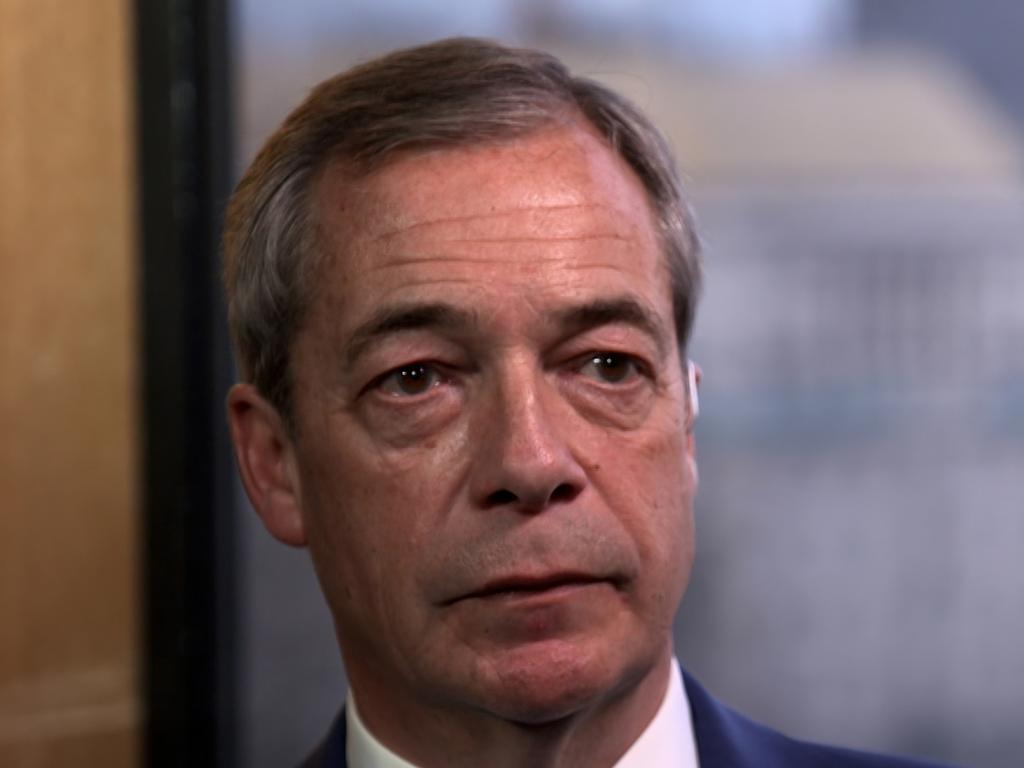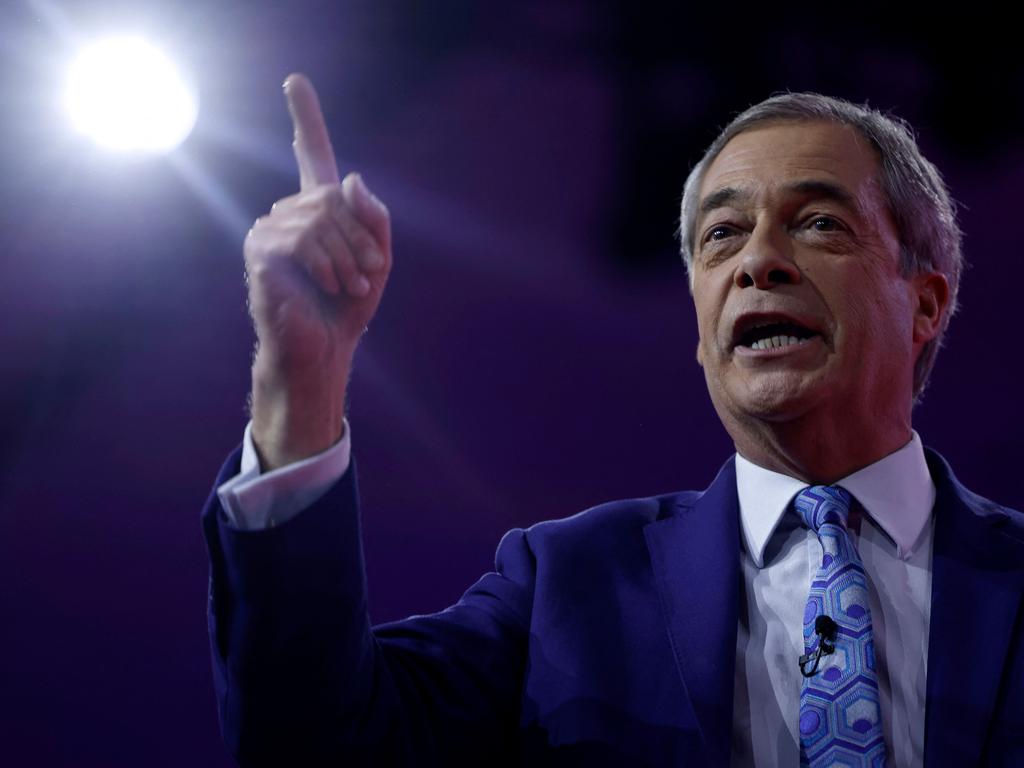Woke corporates risk bankrupting democratic ideals
The ‘debanking’ of Nigel Farage shows just how destructive progressive cancel culture is becoming.

So, what of the latest outrage by the warriors of woke who cancelled his Coutts bank account? In the bank’s own words, because “he didn’t align with our values. His publicly stated views were at odds with our position as an inclusive organisation”. He was deemed a “politically exposed person”.
A “politically exposed person” is a broad term financial institutions use to cover any person who would bring the bank into disrepute and covers people such as arms dealers, Russian oligarchs, mass-murdering dictators, whatever; not normal, if vociferous and politically aligned, citizens. Farage supporters have warned the rules about “politically exposed persons” are now being used to turn away any customers whose views banks might disagree with. So, it turns out more people have been de-banked, including a Brexit MP and even a vicar in Yorkshire who complained to his building society about its support of Pride month.
This is another, more egregious form of cancel culture, much worse than being banned on social media or Twitter, because to physically cancel a bank account deprives a person of the ability to function in the modern economy. Nor could Farage open an account elsewhere. He found himself rendered almost a non-person. Branding someone a “politically exposed person” for their political views is seriously dangerous for the individual; however, it is very dangerous for a free society. If this could happen to Farage, a well-known personality, a privileged person with powerful contacts, what about the rest of we less powerful types? This points to where the tendency for private companies to get involved in every social and political issue will lead.
Farage’s crime was that he was “seen as xenophobic and racist” and (worse) “considered by many to be a disingenuous grifter”, whatever that is. But read that carefully. “Seen as”; who sees? “Considered by many”; how many and who are “the many”? The answer is the modern thought police, represented by the bank, with its flashy Pride signs, claiming to speak for minorities, who nevertheless override every other “many”.
The bank even comprised a dossier that went on for 42 pages, which, it became clear, had been compiled by monitoring him, and not just his publicly stated views, but his social media and his family’s too. Several of them have also been de-banked. Brexit was not the only “problem” these modern-day Dzerzhinskys had with Farage. His anti-LGBTI Pride statements got up their noses, as did his admiration for Donald Trump and even his friendship with Novak Djokovic.
Then, compounding this outrage, the bank leaked to the BBC that he didn’t have enough money, even though the bank repeatedly says he “meets the economic contribution criteria for commercial retention”. What is really worrying for a democracy is that this blatant lie, fed to the BBC, was swallowed by the national broadcaster without a second look.

This fiasco went on for weeks and it was only on Tuesday that the NatWest group chief executive finally admitted it was she who was the source of the BBC story. She leaked Farage’s private banking information, which she called “a serious error of judgment” – a pretty poor excuse for a mea culpa. Of course, now the situation is that the bank is falling over itself to apologise to Farage. But what about all the other people who have had this happen to them, and the rest of us without the profile and heft of a Nigel Farage? What about our own country, where the Big Brother of woke seems to be more powerful by the day?
We are supposed to have freedom of speech and conscience, but huge private companies, from Qantas to financial institutions and even football clubs, were all partisan in the gay marriage debate, a serious moral issue. They threw millions at it, and woe betide any lowly individual, even a young footballer who doesn’t want to wear the rainbow colours, as even the greatest of them found. Now the voice is the big social issue and all the same private institutions, joined by others, have a well-financed partisan position. Big W actually imitated Big Brother and streamed the Yes case over its loudspeakers.
However, what makes this particular issue so dangerous for those concerned about freedom of speech is the voice is a stated policy of the government – a government now set to bring in new laws about “misinformation”. Governments setting up censorship in the middle of an emergency such as war or even a pandemic is one thing, but what’s next when well-financed capitalists in concert with governments decide to do the same thing? Where does this stop? The possibilities are frightening.








To say Nigel Farage, leader of the Brexit movement, is a controversial public figure is an understatement. People love or hate him, and not just on Brexit. Lately, he has publicly, on British television and other outlets, expressed unfashionably woke views on a whole range of subjects, largely in line with what might be called “old-fashioned” conservative values. These views have been expressed by many other citizens of the kingdom that regards itself as the harbinger of modern democracy.